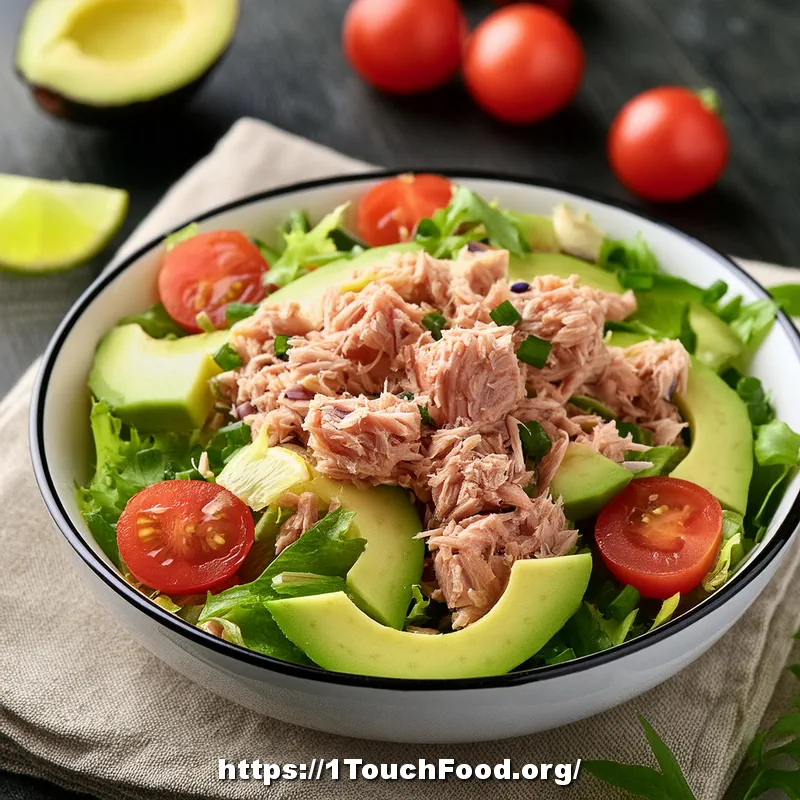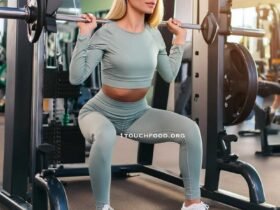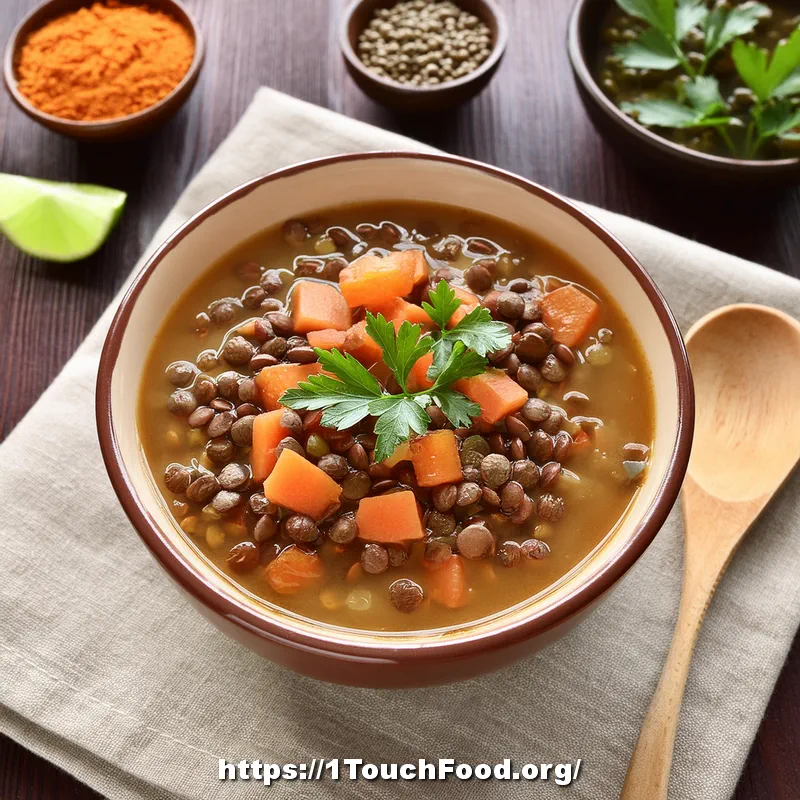Ultimate Athlete Nutrition Guide: Boost Your Performance and Health

The Importance of Nutrition for Athletes: A Comprehensive Guide
Nutrition plays a vital role in the performance, recovery, and overall health of athletes. Whether you’re a professional competitor or a weekend warrior, understanding the importance of a well-structured diet can significantly impact your athletic outcomes. In this Athlete Nutrition Guide, we’ll explore how proper nutrition fuels performance, aids recovery, and supports long-term athletic success.
Why Athlete Nutrition Matters
The foundation of any athlete’s success is built on their diet. Nutrition is the fuel that powers your workouts, the foundation for muscle repair, and the key to optimal performance. Without a solid understanding of nutrition for performance, athletes may struggle to reach their full potential.

An effective Athlete Nutrition Guide highlights that the right balance of macronutrients—carbohydrates, proteins, and fats—combined with essential vitamins and minerals, helps athletes maintain energy levels, improve endurance, and enhance overall physical health. Poor nutrition can lead to fatigue, decreased performance, and an increased risk of injury.
Macronutrients: The Building Blocks of Athletic Performance
A balanced diet is the cornerstone of any Athlete Nutrition Guide. Macronutrients—carbohydrates, proteins, and fats—provide the energy and raw materials needed for muscle growth, repair, and sustained performance.
Carbohydrates: The Primary Energy Source
Carbohydrates are the body’s preferred source of energy, particularly during high-intensity exercise. They are stored in the muscles and liver as glycogen, which is then used to fuel physical activity. For athletes, consuming adequate carbohydrates is essential for maintaining energy levels and preventing fatigue during training and competition.
An Athlete Nutrition Guide should emphasize the importance of consuming complex carbohydrates such as whole grains, fruits, and vegetables. These foods provide a steady release of energy, helping to sustain endurance during long workouts and events.
Protein: Essential for Muscle Repair and Growth
Protein is crucial for muscle repair, growth, and recovery. It provides the amino acids needed to rebuild muscle fibers that are broken down during exercise. For athletes, especially those involved in strength and endurance sports, adequate protein intake is vital for optimizing performance and preventing muscle loss.

This Athlete Nutrition Guide recommends consuming high-quality protein sources such as lean meats, fish, eggs, dairy, and plant-based proteins like beans and legumes. Timing protein intake around workouts—both before and after—can further enhance muscle recovery and growth.
Fats: A Vital Source of Energy
Fats are an essential part of any athlete’s diet, providing a concentrated source of energy and supporting hormone production. Healthy fats, such as those found in avocados, nuts, seeds, and olive oil, should be included in an Athlete Nutrition Guide to support overall health and athletic performance.
While fats are important, athletes should focus on consuming unsaturated fats and limit their intake of saturated and trans fats, which can negatively impact cardiovascular health and performance.
Micronutrients: Supporting Performance and Recovery
Micronutrients, including vitamins and minerals, are equally important in an Athlete Nutrition Guide. These nutrients play a critical role in energy production, muscle contraction, and overall health. Deficiencies in key vitamins and minerals can lead to decreased performance, increased injury risk, and prolonged recovery times.
Iron: Crucial for Oxygen Transport
Iron is essential for transporting oxygen in the blood and muscles. Athletes, particularly female athletes, are at a higher risk of iron deficiency, which can lead to fatigue, decreased endurance, and impaired performance. Incorporating iron-rich foods such as red meat, spinach, and fortified cereals into your diet is crucial for maintaining optimal oxygen delivery to working muscles.
Calcium and Vitamin D: Bone Health and Muscle Function

Calcium and vitamin D are vital for bone health and muscle function. Calcium supports strong bones and proper muscle contractions, while vitamin D aids in calcium absorption and bone growth. An Athlete Nutrition Guide should encourage the consumption of dairy products, leafy greens, and fortified foods to ensure adequate intake of these essential nutrients.
Antioxidants: Reducing Inflammation and Enhancing Recovery
Antioxidants such as vitamins C and E play a crucial role in reducing exercise-induced oxidative stress and inflammation. These nutrients help protect cells from damage and support the recovery process. Athletes can boost their antioxidant intake by consuming a variety of colorful fruits and vegetables, such as berries, citrus fruits, and leafy greens.
Hydration: The Cornerstone of Athletic Success
No Athlete Nutrition Guide would be complete without addressing the importance of hydration. Proper hydration is essential for maintaining performance, preventing heat-related illnesses, and supporting overall health. Even mild dehydration can impair cognitive function, decrease endurance, and increase the risk of injury.
Athletes should aim to stay hydrated by drinking water throughout the day, paying special attention to fluid intake before, during, and after exercise. Sports drinks can be beneficial during prolonged, high-intensity activities, as they provide electrolytes and carbohydrates to sustain energy levels.
Timing: Optimizing Nutrient Intake for Performance
The timing of nutrient intake is a critical aspect of any Athlete Nutrition Guide. When athletes eat can be just as important as what they eat. Proper nutrient timing helps maximize performance, speed up recovery, and reduce the risk of injury.
Pre-Workout Nutrition: Fueling Your Body for Success
Consuming a balanced meal or snack before a workout provides the energy needed to perform at your best. A combination of carbohydrates and protein is ideal for sustaining energy and supporting muscle function. This Athlete Nutrition Guide recommends eating 2-3 hours before exercise to allow for proper digestion and absorption of nutrients.
For a quick energy boost, a small snack like a banana or a piece of toast with peanut butter 30 minutes before exercise can be beneficial.
Post-Workout Nutrition: Recovery and Muscle Repair
After exercise, the body needs nutrients to recover and repair. A post-workout meal or snack should focus on replenishing glycogen stores and providing protein for muscle repair. This is often referred to as the “anabolic window,” where the body is most efficient at utilizing nutrients for recovery.
An Athlete Nutrition Guide suggests consuming a post-workout meal within 30-60 minutes after exercise, consisting of both carbohydrates and protein. This could be a smoothie with protein powder, fruit, and a source of healthy fat like nuts or seeds.
Personalization: Tailoring Nutrition to Individual Needs
One of the most important aspects of any Athlete Nutrition Guide is personalization. Every athlete is unique, with different energy requirements, dietary preferences, and performance goals. What works for one athlete may not work for another, so it’s crucial to tailor nutrition strategies to individual needs.
Factors such as age, gender, body composition, training intensity, and specific sport requirements all play a role in determining the best nutritional approach. Consulting with a sports nutritionist or dietitian can help athletes develop a personalized Athlete Nutrition Guide that meets their specific needs and supports their athletic goals.
Common Nutrition Mistakes to Avoid
While following an Athlete Nutrition Guide is essential for success, it’s also important to be aware of common nutrition mistakes that can hinder performance.
Skipping Meals or Undereating
Athletes who skip meals or do not consume enough calories may find themselves lacking the energy needed for optimal performance. Consistently undereating can lead to muscle loss, decreased strength, and an increased risk of injury.
Over-Reliance on Supplements
While supplements can be a valuable addition to an athlete’s diet, they should not replace whole foods. An Athlete Nutrition Guide should focus on obtaining nutrients from a balanced diet, using supplements only to fill specific gaps.
Ignoring Hydration
As mentioned earlier, proper hydration is crucial for athletic performance. Failing to stay hydrated can lead to decreased endurance, impaired cognitive function, and a higher risk of injury.
Conclusion: The Power of Proper Nutrition for Athletes
The connection between nutrition and athletic performance is undeniable. A well-structured Athlete Nutrition Guide can make the difference between mediocre and exceptional performance. By focusing on balanced macronutrient intake, proper hydration, nutrient timing, and personalized strategies, athletes can fuel their bodies for success and achieve their performance goals.

Remember, nutrition is not a one-size-fits-all approach. It’s about finding what works best for you, listening to your body, and making adjustments as needed. With the right Athlete Nutrition Guide, you can optimize your performance, enhance recovery, and enjoy long-term athletic success.
Enjoy! See our youtube. Quench your thirst and revitalize your body with our collection of refreshing and hydrating recipes. All athletes must pay close attention to their nutrition to achieve optimal performance. You can see CookBook for athletes and Building a Bigger Butt. Its very useful for athletes.












Leave a Reply